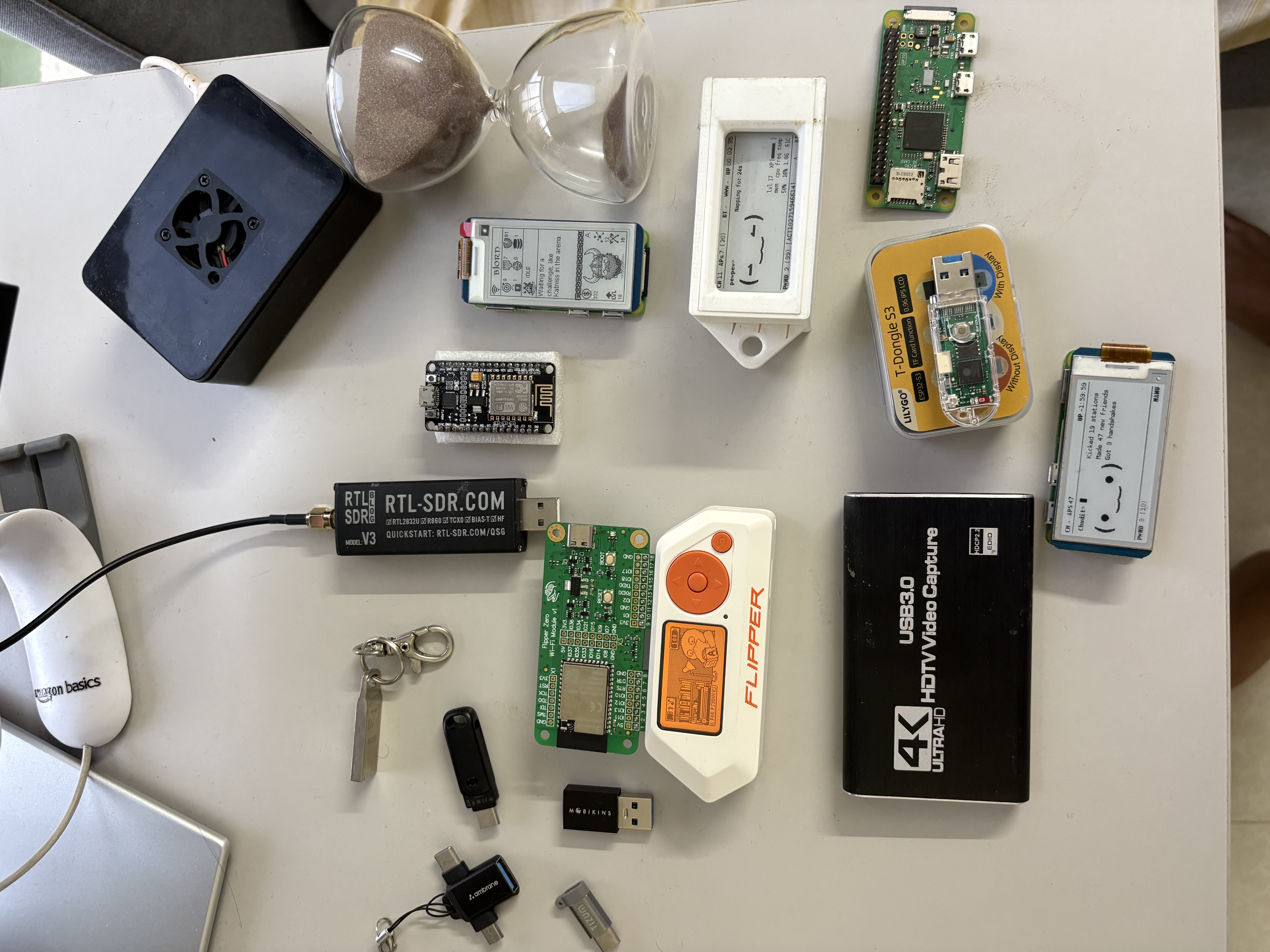# TIL: Delivery Service Impersonation is an Alarmingly Effective Social Engineering Vector
Most people have minimal security awareness around address disclosure. When someone claims to be delivering a gift from a well-known local business (like a popular bakery with "Diwali hampers" or "festive boxes"), victims willingly provide their exact address or real-time location on WhatsApp. The pretext works because it combines social proof (known business), plausibility (gift delivery), and urgency (driver needs directions now).

Why This Attack Works
The attack leverages three powerful psychological triggers:
- Social Proof: Mentioning a well-known local business creates instant credibility
- Plausibility: Gift deliveries during festivals are common and expected
- Urgency: "I'm outside and need directions now" prompts immediate action without verification
The Attack Pattern
Attacker: "Hi, I'm from [Popular Local Bakery]. I have a Diwali gift
hamper for you but I'm having trouble finding your location.
Could you share your address or live location?"No order confirmation requested. No delivery tracking number asked for. No verification of any kind.
Why People Fall For It
- Gift Context: During festivals, people expect surprise gifts from friends and family
- Helpful Nature: Most people want to help someone who seems to be doing their job
- Time Pressure: The implied urgency ("I'm waiting outside") prevents critical thinking
- Low Perceived Risk: Sharing an address seems harmless compared to financial data
- Trust in Local Brands: Using a known local business name lowers suspicion
Defense Strategies
For Individuals: - Always ask for order/tracking numbers before sharing location - Verify with the business directly using their official contact - Ask who sent the gift and verify with them - Be suspicious of unsolicited delivery calls - Use landmark-based directions instead of exact addresses when possible
For Organizations: - Train employees on this attack vector - Include address disclosure in security awareness programs - Emphasize verification before sharing any personal information - Use delivery apps with in-app communication to reduce direct contact
Real-World Impact
- This attack can be used for:
- Physical surveillance and stalking
- Burglary planning (knowing when someone is home)
- Identity theft (address is often used for verification)
- Targeted phishing (now knowing exact location)
- Physical security breaches
The Broader Lesson
The weakest link in security is rarely the technology—it's the human element. This attack requires zero technical skill, no expensive tools, just social engineering and a phone.
When someone asks for personal information, always verify their identity first, no matter how legitimate they seem.
Stay aware, stay safe.
